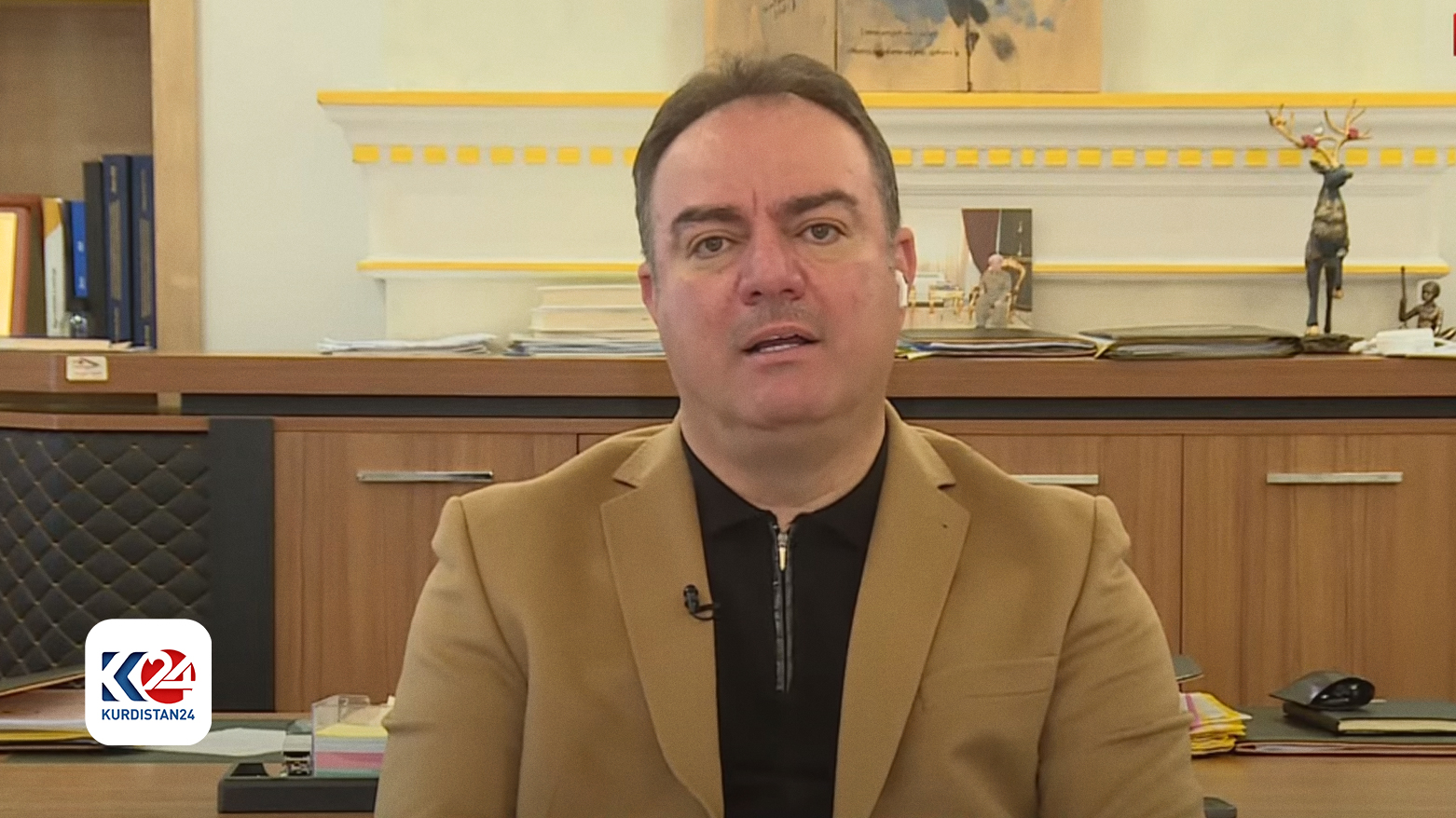Central Government has no authority to divide Kurdistan Region’s Finances: Head of KISSR

ERBIL (Kurdistan 24) - On Sunday, Dr. Aras Qader, the head of the Kurdistan Institution for Strategic Studies and Scientific Research (KISSR), emphasized in an interview with Kurdistan24 that the Minister of Finance responded candidly, avoiding interpretations for political ends, stressing that it is not within the central government's jurisdiction to divide the region's finances.
Dr. Qader highlighted several scientific points and emphasized that the financial system, which has been accentuated in the federal system historically, does not authorize the central government to partition finances.
“This means that the Kurdistan Region must receive its entire financial allocation as a unified package. Both the KRG’s Finance Minister and Iraqi Prime Minister Mohammed Shia Sudani have underscored this," he explained.
"We have a troubled history with Iraq, particularly post-2014, where they imposed various measures, such as the reduction of rates from 17% to 12.67%, and manipulated 'actual expenditure', employing 'political and governance expenditures' to diminish the Kurdistan Region's share," remarked Dr. Qader.
"Despite our salaried employees enduring a challenging situation, with salaries delayed for over 50 days - last year, they went unpaid for three months. However, now the Iraqi government seeks to exploit this vulnerability to assail the political framework and constitutional status of the Kurdistan Region. Therefore, dividing finances contradicts fundamental financial principles," he explained further.
The head of the Kurdistan Information and Strategic Research Center also noted that the Iraqi government possesses precise figures regarding Peshmerga forces.
"I have repeatedly mentioned in the media that there are approximately 752,000 employees in the workforce and about 500,000 pensioners, including those in social welfare, martyrs, Anfal victims, and others. Of the 752,000, around 30,000 are contract employees," he highlighted.
He continued, "There are approximately 50,000 security forces, with over 200,000 in the Peshmerga Ministry and more than 100,000 in the interior forces. The remaining roughly 400,000 are civilians, with the Ministries of Education and Higher Education employing approximately 180,000 individuals; these figures are available in detail."
Dr. Qader also highlighted the importance of safeguarding biometrics for security forces worldwide, particularly in countries like Iraq facing ongoing terrorism and security challenges, where accurate data is essential for maintaining security measures.
